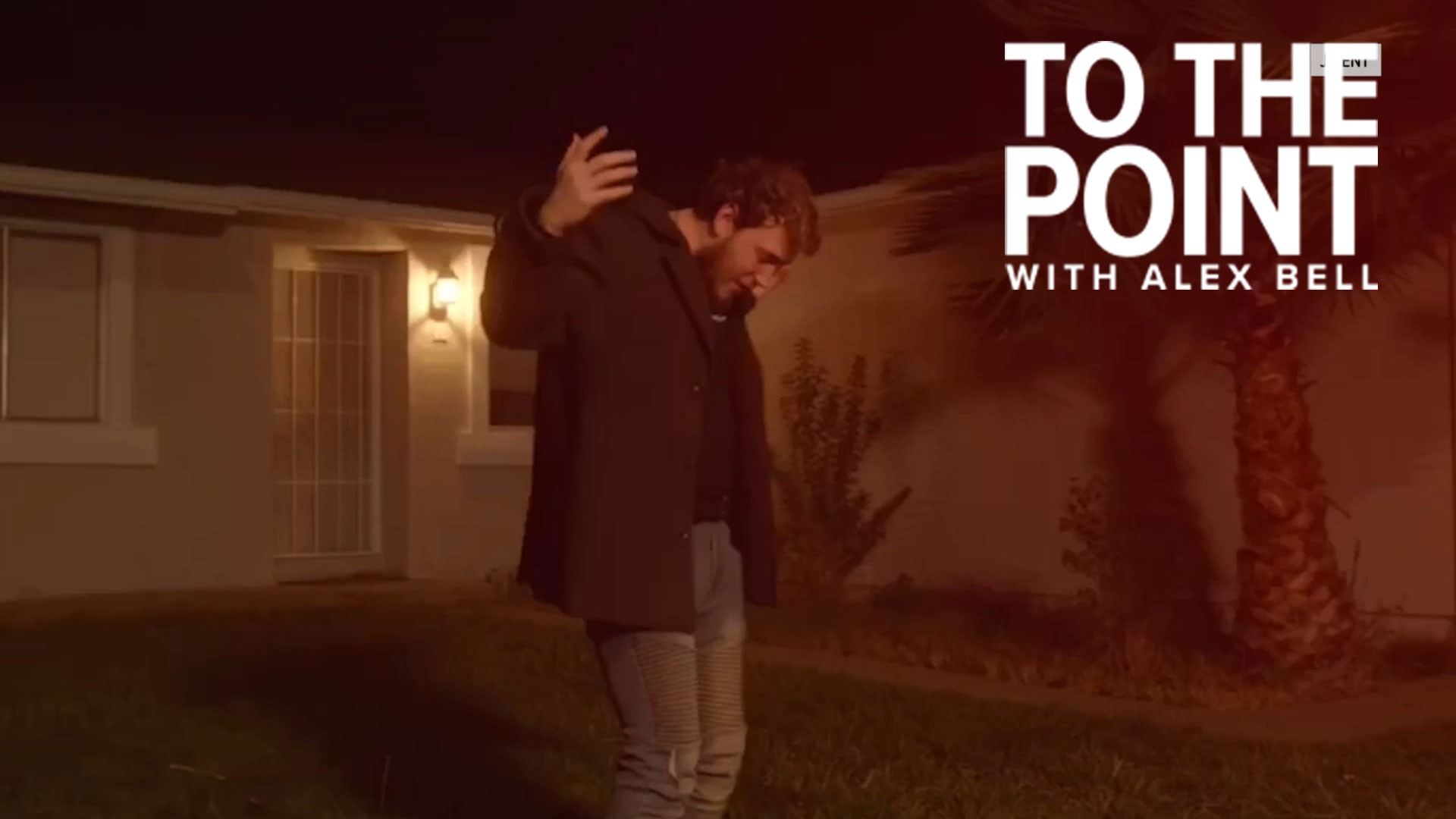SACRAMENTO, Calif. — Jeremy Kent "J Kent" and Leshon are both Northern California recording artists and songwriters.
"People are facing some serious situations from the music that they do," said Kent.
"When you're a creator or when you're making something, you're not doing it to influence someone to do something wrong," said Leshon.
They have noticed a shift since The Decriminalizing Artistic Expression Act, signed by Gov. Gavin Newsom in September became law.
"Now that they know that they have permission to really say that and not have you know, some arrest or, you know, for you to be prosecuted in that situation, I think that now, people are definitely getting more creative," said Kent.
The Decriminalizing Artistic Expression Act was introduced by California Assemblymember Reginald Byron Jones-Sawyer, Sr.
"I'm not, as you probably can tell, I'm not a big fan of rap," said Jones-Sawyer.
Jones-Sawyer began examining which laws were used by district attorneys to target people of color.
"I've listened to other forms of genre," he said. "Johnny Cash talks about shooting someone and other forms of country music and others, but they're not being prosecuted. But they were going after African Americans more than anywhere else."
"We know that since the 1990s, there's been hundreds of documented cases where this has happened," said Todd Dupler, chief advocacy and public policy officer.
The Recording Academy, the group that oversees the Grammys, has taken notice, launching a nationwide campaign for more states to take action like California.
"We do think that there is an implicit racial bias attached to that. We've seen studies where you could take one set of lyrics, and if somebody thinks they are, perhaps, you know, country music lyrics or lyrics from a different kind of genre, and they compare them to the same set of lyrics," said Dupler. "But a different set of people are told their rap lyrics, they're perceived very differently.”
J. Scott Smith, who’s been practicing law for 33 years, says that bias has found its way into courtrooms.
"The problem is, I think the judges just don't understand rap music," said Smith. "I grew up in an era where it was first becoming popular, I don't pretend to really, you know, understand fully what's behind it. And so you have a lot of judges who, even older than I am, who are not familiar with the genre, and who read it, who read more into it, than is justified."
Right now in Atlanta, jury selection is underway for the trial of Young Thug. He pleaded not guilty to eight counts which all started with a Racketeer Influenced and Corrupt Organizations or (RICO) Act.
According to ABC, some of the lyrics the prosecution plans to use are from his hit "Anybody."
The lyrics say, "I never killed anybody but I got something to do with that body."
The law in California argues rap lyrics are a first amendment rights issue. The law protects more than just lyrics but artistic expression.
"We're not throwing out the lyrics. The lyrics can be heard with the judge, and the two attorneys out of the sight of the jury, so they're not compromised in any way, then they present their facts to the judge," said Jones. "If the judge decides that it is admissible, then it can be presented by the DEA to the jury. If it's inadmissible, then it's thrown out. "
While there have been attempts to ban the use of lyrics, attorneys, assembly members and the recording academy agree it’s too extreme and won’t pass.
"Removing the bias from the consideration is going to help protect creators and artists, because, you know, we're not saying that there might never be an instance where it's appropriate to look at this," said Dupler.
It's a constant battle that music producers outside of California continue to face.
Domingo Padilla has been producing for 35 years, everyone from Eminem to Shaquille O’Neal. He’s working with the resources the recording academy has provided for a similar bill to be sponsored in Pennsylvania.
"Every other state should really look at California and understand why California passed it," said Padillia. "Because they respect the rights of, you know, freedom of speech... but also artists should also think a lot wiser."
While it’s something he’s concerned about and advises artists to consider, he always says he would never have an artist censor themselves.
"It's kind of a thin line to walk," he said. "Because here they're saying whatever they feel like saying, not living that life, but getting prosecuted accused of living that life, just because of a video, just because of a lyric."
As for Sacramento artists and songwriters J Kent and Leshon, the California law is allowing them to be more creative. They are even working on music about the convicted Sacramento serial killer Dorothea Helen Puente.
"Obviously, we're not killers, we don't do that stuff," said Leshon.
"I don't want this to be held against me, especially if it's about a violent situation or activities that might not necessarily be legal," said Kent.
Meanwhile, the Recording Academy is going to continue to provide information to people in the industry to talk to their assemblymember about making this a bill in more states.
A similar bill was presented in New York last year and will continue to be worked toward. The Recording Academy is also monitoring legislation in Louisiana, Missouri and Maryland.
At the federal level, the Restoring Artistic Protection (RAP) Act was introduced in July by Reps. Hank Johnson (D-GA) and Jamaal Bowman (D-NY).



















